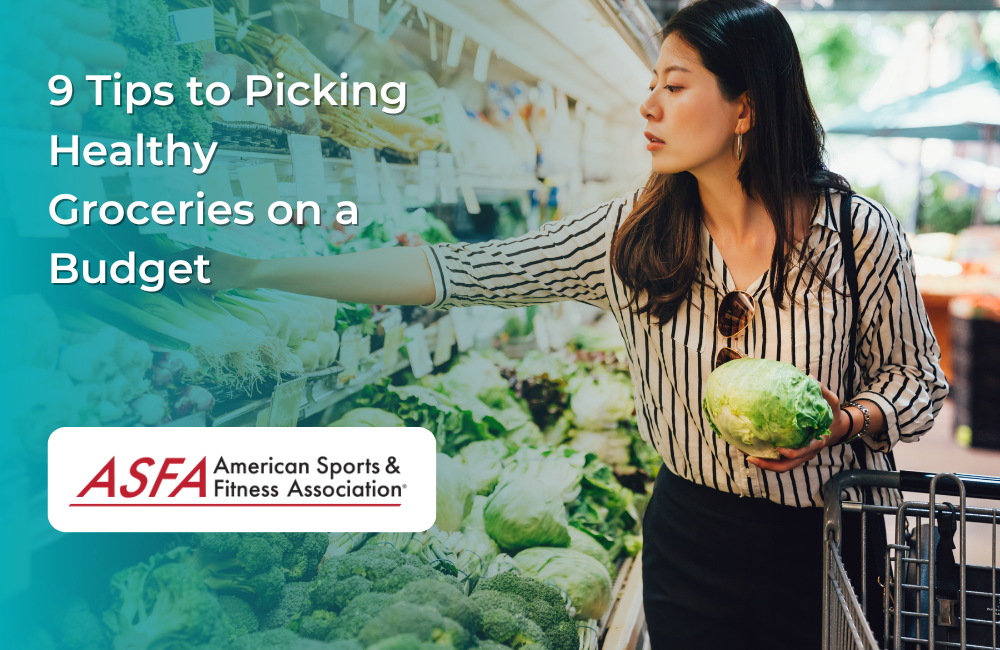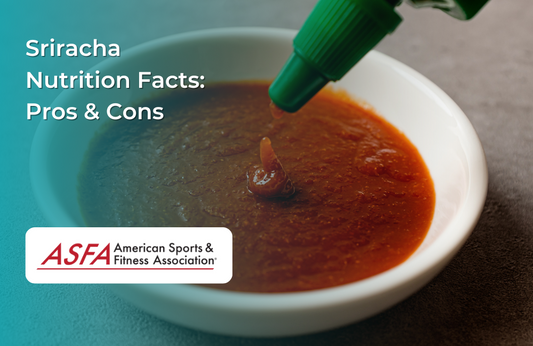Grocery shopping can be challenging, especially when you're on a budget. But with some smart planning and preparation, you can get your groceries for less money and eat healthier meals at home. In this article, I'll share my top tips for navigating the supermarket -- from saving money by buying in bulk to ensuring your food lasts longer in your pantry so it's not wasted!
Buy in bulk.
When you buy in bulk, you can save money on your grocery bill. However, it's important to be careful about how much food you purchase at one time. If you do not have enough storage space for your bulk items and they go bad before being used, buying in bulk is not a good idea.
Buying smaller portions of foods that don't have a long shelf life (such as meats) can also be helpful if this is an option for you.
Be a smart shopper.
● Shop around for the best prices.
● Know what price you are willing to pay for an item, then stick to it.
● Know what you need before shopping so that you don't buy things impulsively or end up with more than one item because it was on sale.
● Check the store's weekly flyer before heading out so that when something looks like a good deal, it really is!
Buying in bulk is a great way to save money on your grocery bill. However, it's important to be careful about how much food you purchase at one time. If storage space is unavailable for your bulk items and they go bad before being used, then buying in bulk is not a good idea.
Plan ahead -- and plan your meals around the grocery store's layout.
To find the best deals, you need to plan ahead. And that means planning your meals around the grocery store's layout.
For example, if several items are on sale in one aisle and none in another, it might be worth going through that first section before moving on. If you don't have any coupons for dairy products but see cheese on sale for $4 off its regular price, go ahead and buy some--you'll save more than enough money with just one purchase!
If there are items you want but not enough time to get them all at once (say, fresh produce), make a mental note of where those items are located so they can be picked up later when visiting another store or online ordering systems like AmazonFresh or Peapod.
Shop on weekdays.
Shop on weekdays when the store is less busy, and food stocks are replenished more often than on weekends, which can be busier times of the week.
● On weekdays, you're more likely to avoid crowds and long lines with weekend shopping trips. It's also easier to stock up on fresh produce, which is often in limited supply on weekends.
Check expiration dates -- it's easy to get distracted by the aisle displays and get home with products that will expire soon or won't last in your pantry as long as you'd like them to.
You should also check expiration dates. It's easy to get distracted by the aisle displays and get home with products that will expire soon or won't last in your pantry as long as you'd like them to. But just because the package says it's good until July 6, 2020, doesn't mean it won't taste good on July 7. Expiration dates are only an estimate of when a product may lose its freshness and flavor; they're not always accurate, and there are things consumers can do before reaching for that jar of salsa or box of cereal:
● Look at how much time is left on the label -- if there are only two weeks left until your favorite cookies expire, consider buying another kind instead (or better yet--make them yourself!).
● Check for discoloration or other signs of deterioration, such as moldy spots inside containers and liquid separation in sealed bottles (this could indicate bacterial growth).
Don't buy items just because they're cheaper (or more expensive) than the alternatives.
When shopping for groceries, don't buy items just because they're cheaper (or more expensive) than the alternatives -- if they aren't useful to you, then it doesn't matter what price they are!
For example: If you're trying to eat healthily and want fresh fruits and vegetables every day, but buying these things is too expensive for your budget right now, it may be time to consider other ways of saving money to increase your grocery budget. For example, consider getting a part-time job or cutting back on entertainment expenses (and using those savings toward healthier food). Additionally, you may grow some herbs, tomatoes, or other produce in pots on your porch.
Bring reusable bags.
Bring reusable bags with you on every trip to the grocery store so you don't have to use so many paper or plastic bags when you're checking out - this also helps reduce waste!
Reusable bags are better for the environment, and they can save money as well. By bringing your reusable bag, it's much less likely that you'll need to buy paper or plastic ones at all.
Compare unit prices.
Unit prices are a great way to compare the cost of different brands and sizes of products. They're usually listed on the shelf tags, so it's easy to compare them.
Unit prices are usually in the same units as the price--so if you see "1kg" next to a price, you can easily compare apples with oranges: one kilogram is bigger than 500 grams (or vice versa).
Use coupons strategically.
Coupons are a great way to save money on groceries, but only if you know how to use them! Look for coupons in newspapers or magazines online (try couponmom.com) or at your local grocery store's website. Check the expiration dates before you leave home so that you don't end up with expired coupons or ones that won't work at your store.
The key to using coupons effectively is knowing how to use them. Here are some tips:
● Know what store-brand products are before you go shopping. Many stores have their brand of food items, which can be much cheaper than name brands. If you're not sure if something is more affordable, check out the price per ounce on both sides of your receipt after you buy it--you might find that one product was just as expensive as another!
● Use coupons for items that would normally be expensive for you (e.g., peanut butter). It's important not only when comparing prices but also in terms of nutrition: if peanut butter isn't part of your regular diet, then this might not be worth buying at all!
Takeaway:
● Make sure you're getting a good deal.
● Don't buy something just because it's on sale, especially if it's not something you need or would normally purchase.
● Make sure you're getting the best value for your money by comparing prices with online retailers like Amazon and Costco and in-store specials and coupons before making any purchases.
● Don't buy items just because they're cheap; they might not be worth what they cost in terms of health or quality over time (e.g., buying soda instead of juice).
Conclusion
So there you have it! Nine tips to help you pick healthy groceries on a budget. You can use these tips to save money and eat better.





